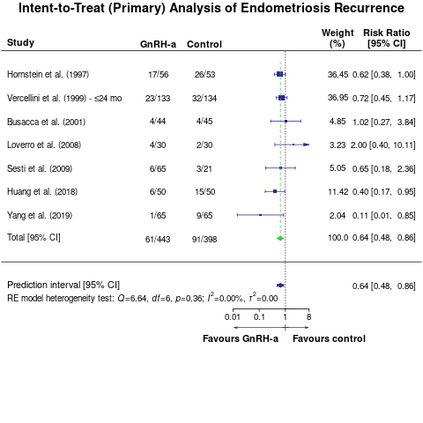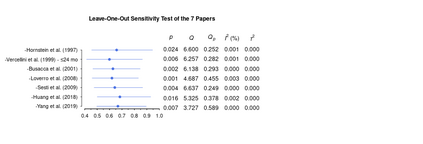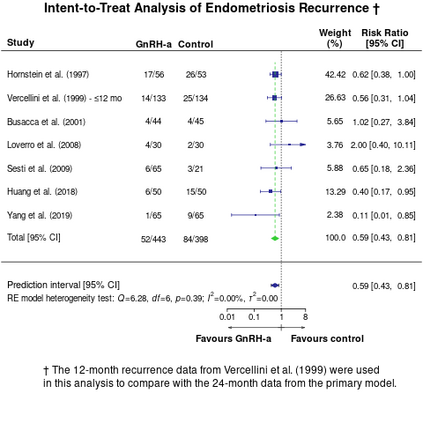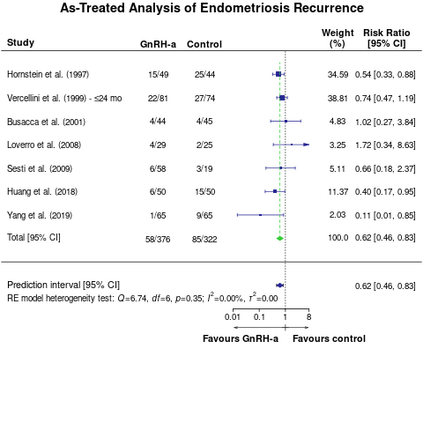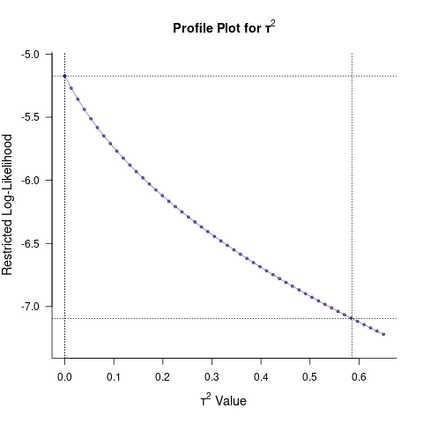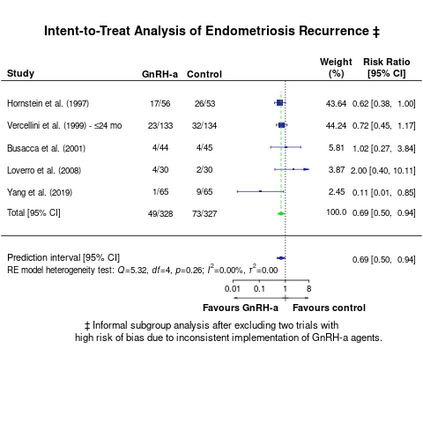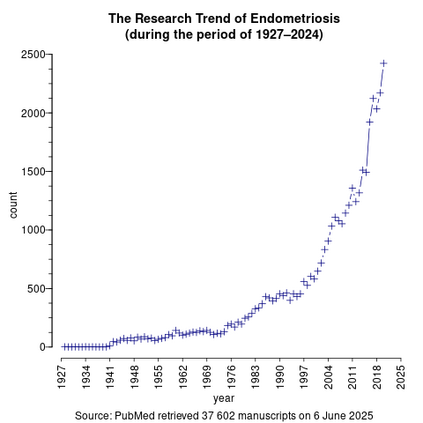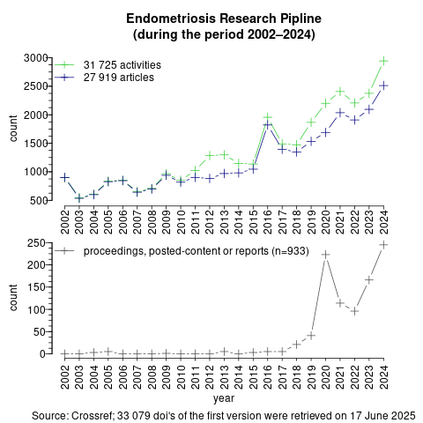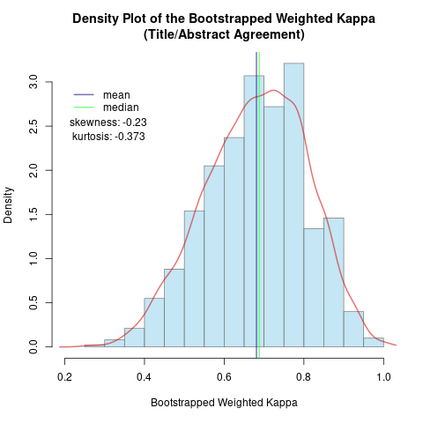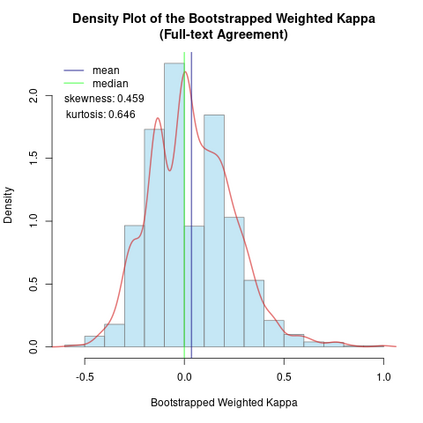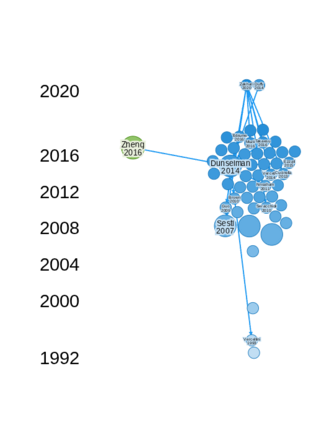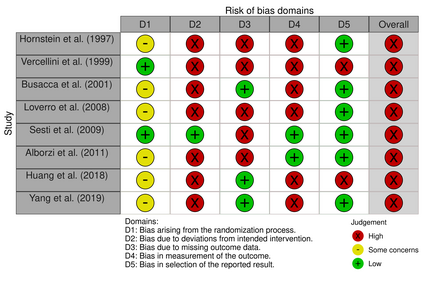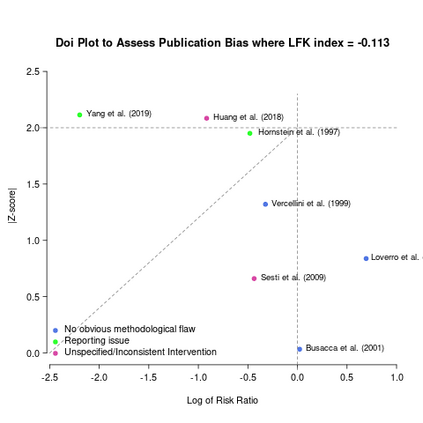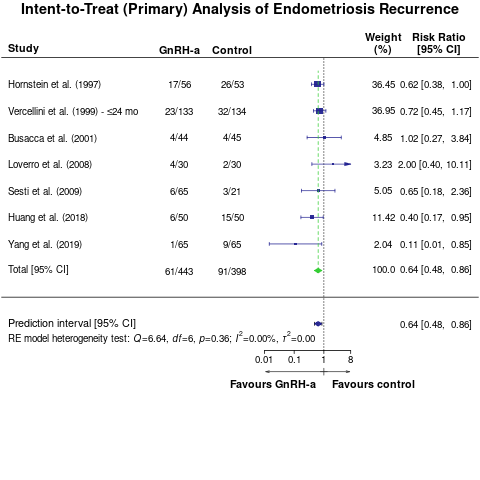
Background: Evidence synthesis facilitates evidence-based medicine. This task becomes increasingly difficult to accomplished with applying computational solutions, since the medical literature grows at astonishing rates. Objective: This study evaluates an information retrieval-driven workflow, CASMA, to enhance the efficiency, transparency, and reproducibility of systematic reviews. Endometriosis recurrence serves as the ideal case due to its complex and ambiguous literature. Methods: The hybrid approach integrates PRISMA guidelines with fuzzy matching and regular expression (regex) to facilitate semi-automated deduplication and filtered records before manual screening. The workflow synthesised evidence from randomised controlled trials on the efficacy of a subclass of gonadotropin-releasing hormone agonists (GnRH-a). A modified splitting method addressed unit-of-analysis errors in multi-arm trials. Results: The workflow sharply reduced the screening workload, taking only 11 days to fetch and filter 33,444 records. Seven eligible RCTs were synthesized (841 patients). The pooled random-effects model yielded a Risk Ratio (RR) of $0.64$ ($95\%$ CI $0.48$ to $0.86$), demonstrating a $36\%$ reduction in recurrence, with non-significant heterogeneity ($I^2=0.00\%$, $\tau^2=0.00$). The findings were robust and stable, as they were backed by sensitivity analyses. Conclusion: This study demonstrates an application of an information-retrieval-driven workflow for medical evidence synthesis. The approach yields valuable clinical results and a generalisable framework to scale up the evidence synthesis, bridging the gap between clinical research and computer science.
翻译:暂无翻译
